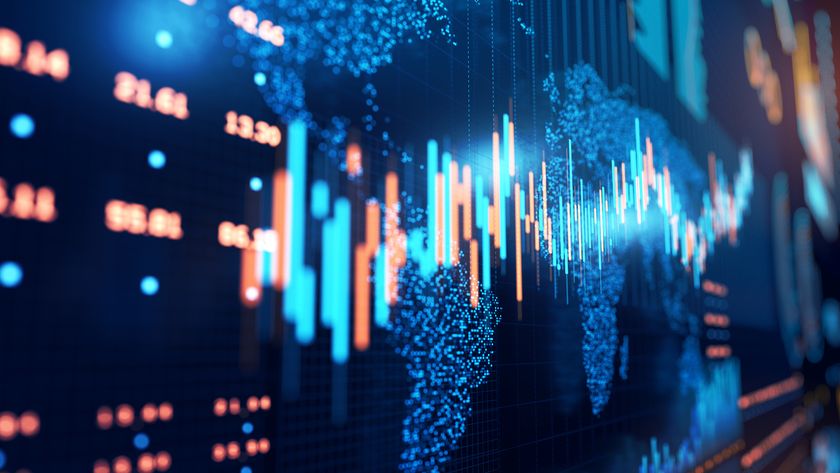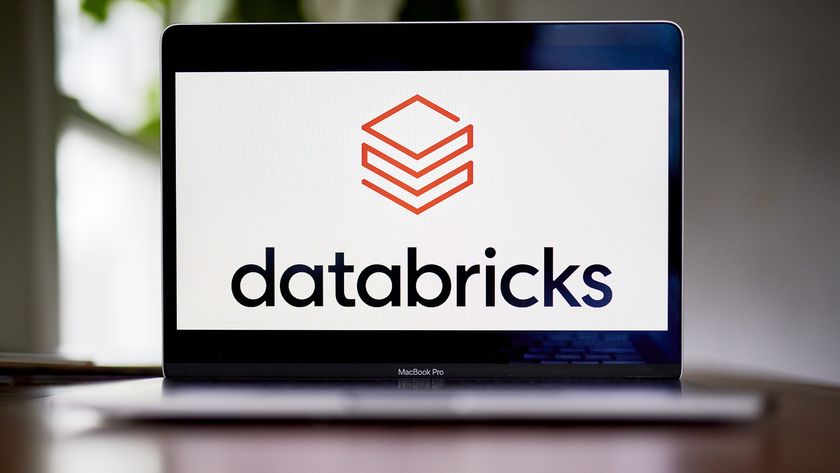How ‘real AI’ will reshape the legal industry
Lawyers won’t be made redundant but that doesn’t mean things won’t change drastically, Mark O’Halloran predicts

You can't open your inbox these days without another "AI solution" being trumpeted as the end of all lawyers. Lawyers, meanwhile, smile confidently and declare that, of course, we embrace the new order - certainly those of us working in the commercial sector. When the technology proves useful, it means companies - and therefore lawyers - get to do more business, more quickly.
Investor at Emergence Capital Jake Saper described most AI systems as just "rule-based engines", which got me thinking about what the two letters really mean. Could it all just be glorified algorithms and nothing that really might approximate a human mind?
In the past AI only amounted to 'automated intelligence', but now refers to what we might call 'augmented intelligence'. Genuinely artificially-intelligent systems will be upon us sooner than we imagine, but my bet is they won't be conscious - even though they'll pass the Turing test. They'll make decisions we cannot begin to untangle the reasoning behind, and we won't particularly mind because they'll more or less work efficiently, while we keep busy grappling with newer complexities.
Freeing up time with the first wave of automation
There was once a time when verifying the up-to-date position on many legal issues meant knowing your way around a law library. When I first started, for example, trademark register searches across multiple jurisdictions for existing marks, which might conflict with an application, could take weeks and cost thousands of pounds in fees.
Now you can gather high-quality assessments of the state of the law, and conduct your own searches in an afternoon. It's all down to search engines, online portals and the internet of course, and this is just one example.
We take it for granted, but search engines and online platforms automated much of the basic intelligence-gathering of the past. Did we need fewer lawyers as a result? No. We were able to advise more clients more quickly, and this, in turn, freed our clients to do more themselves.
How small firms can take on the big boys
Moving away from the Boolean Logic of old search engines, new systems deploy semantic analysis, Big Data sets and machine learning algorithms to rapidly analyse vast numbers of documents at phenomenal speeds. It's great for litigators trawling through evidence bundles, great for corporate lawyers making sense of disclosure bundles, and really great for commercial lawyers getting to grips with a client's contract bank.
Channel Pro Newsletter
Stay up to date with the latest Channel industry news and analysis with our twice-weekly newsletter
I call this augmented intelligence because it doesn't just speed up the initial review stage and reduce costs, it transforms documents into datasets which can be interrogated in new and useful ways. One report estimated that over 100,000 legal jobs could be lost to automation, but does that mean there will be fewer lawyers overall? I'm not so sure.
There will be changes, of course. But it's also likely that smaller firms will handle projects that once only the largest firms can currently undertake. The quality of service smaller firms can offer will also improve, and clients who previously couldn't afford a sophisticated service will find this more accessible.
'Real AI' and automating contract negotiations
But what might true artificial intelligence actually look like, and how can it transform the ways clients use lawyers, and even engage with each other?
I spend a lot of time working with stakeholders at all levels to help develop a client's contract and risk management strategy. The outcome varies, but essentially comprises a playbook of what range of terms are acceptable within a set of parameters. Once we have the playbook, subsequent contract reviews are primarily a matter of process; if you know how to interpret the meaning of a contract clause, you can just check it against the playbook.
But commercial contracts come in all shapes and sizes, and drafting styles vary by sector. These aren't always consistent, so making sense of them is something that semantic analysis, powered by machine learning algorithms, can certainly handle.
There'll be times when a client wants their lawyer to devise a different approach but, for the most part, busy companies have a preference to contract quickly within specified parameters. Generally, the more business a client does, the more important it becomes to take a consistent approach to contracts.
Lawyers are debating whether the entire complexities and occasional fuzziness of a real-world contract can be reduced to computer code. Many think not, and that we're unlikely to move beyond self-executing smart contracts that automatically source their own trigger data and complete financial transactions.
But I predict contract platforms will be operated by neural networks with access to vast and real-time data sets relating to the entire economy. Companies will directly upload their risk appetite and commercial objectives, in plain English, and the platform will formulate an optimised set of terms. Plug in the Internet of Things and allow the platform to track actual activities - everything from the manufacturing of goods to attendance on-site and productivity of consultants.
This is the 'real AI'; negotiating the "legal" terms of the contract, verifying performance, identifying breaches and determining, and settling, compensation claims will be left to the platform.
Nobody will actually be able to figure out how the system makes a particular decision, but nobody will mind, because the outcomes won't be qualitatively different than the status quo, while allowing everybody to conduct more business at a faster rate. And the lawyers? Well, there'll always be plenty with the skills in maths or computer science to advise clients on how to use these platforms.
Mark O'Halloran is a partner and head of commercial services at Coffin Mew
















